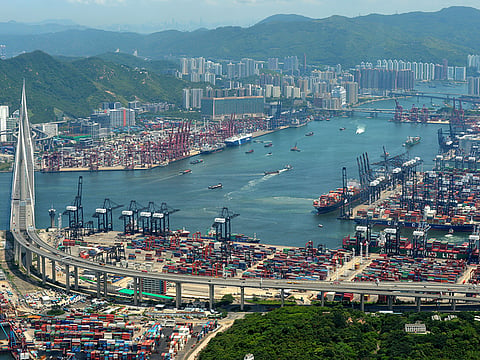

China is selectively exempting certain U.S. imports from its 125% tariffs, a move signaling heightened concern over the economic repercussions of its trade war with the United States.
Businesses and trade groups report that Beijing is working to mitigate supply chain disruptions and lower costs for industries dependent on American goods.
A Ministry of Commerce taskforce is compiling lists of U.S. imports eligible for tariff exemptions, according to a source familiar with the process.
The ministry has asked companies to identify goods that cannot be sourced elsewhere.
President of the American Chamber of Commerce in China, Michael Hart said:
The Chinese government, for example, has been asking our companies what sort of things are you importing to China from the U.S. that you cannot find anywhere else and so would shut down your supply chain
Michael Hart.
Hart noted that some member companies imported goods without tariffs in the past week.
The exemptions aim to ease costs for sectors like pharmaceuticals, aerospace, and petrochemicals.
The chief executive of French aircraft engine maker Safran confirmed that China granted tariff exemptions on “a certain number of aerospace equipment parts,” including engines and landing gear.
Unverified lists circulating on Chinese social media and among businesses cite 131 product categories, from vaccines and chemicals to jet engines, reportedly tied to $45 billion in imports last year.
Despite a $1 trillion trade surplus in 2024, China grapples with rising unemployment and deflationary risks.
The country relies on U.S. imports such as ethane for plastics and drugs from companies like AstraZeneca and GSK.
The European Union Chamber of Commerce in China, led by President Jens Eskelund, has voiced concerns about the tariffs’ impact on critical components, awaiting ministry feedback.
While China’s customs agency and Ministry of Commerce have not issued statements, the exemptions suggest a strategic effort to stabilize trade amid signs of de-escalation from Washington.